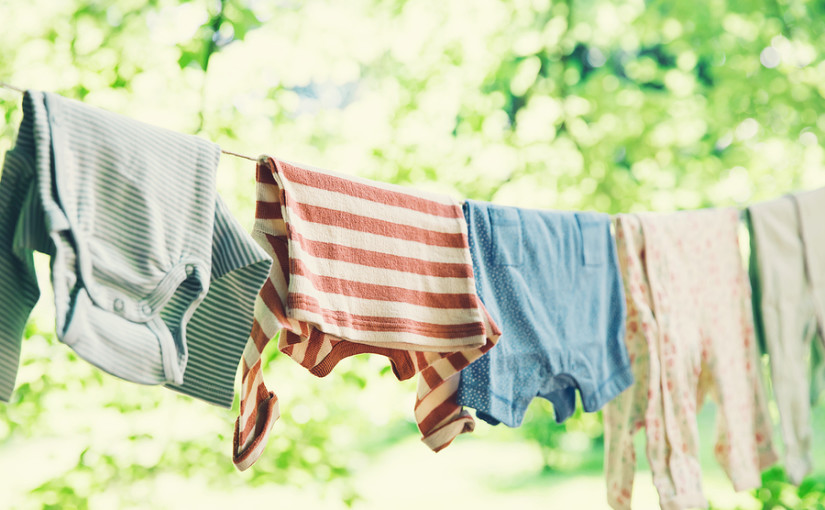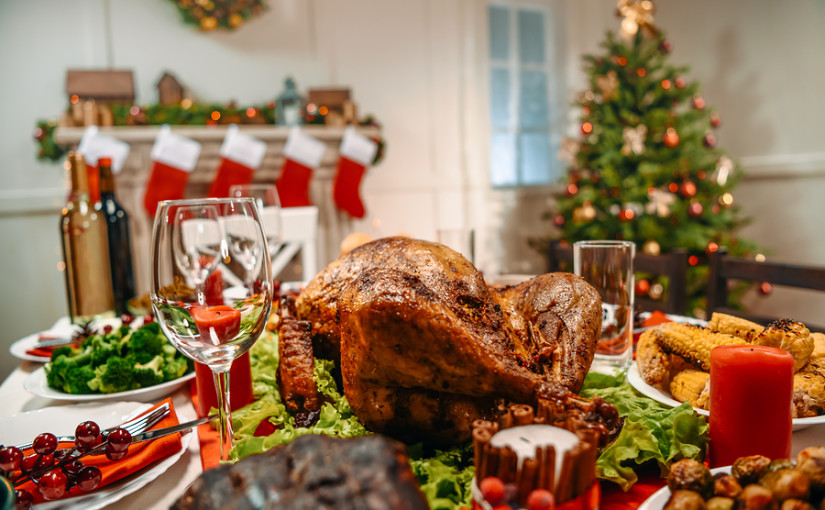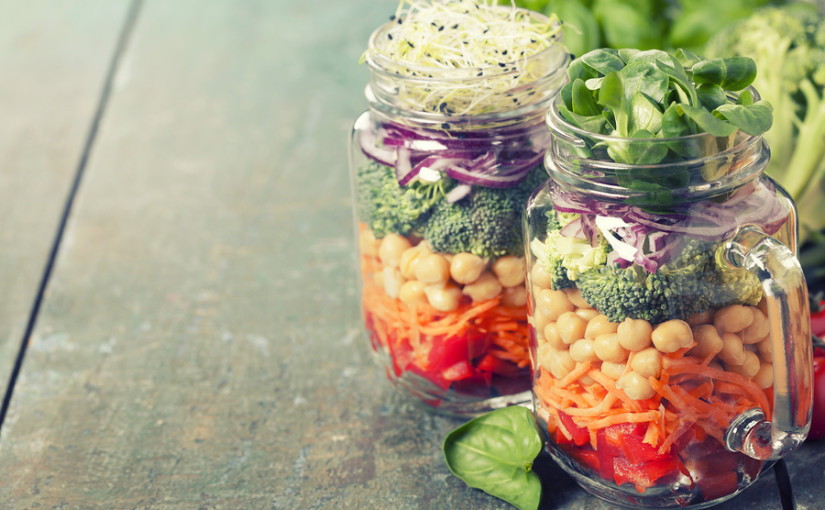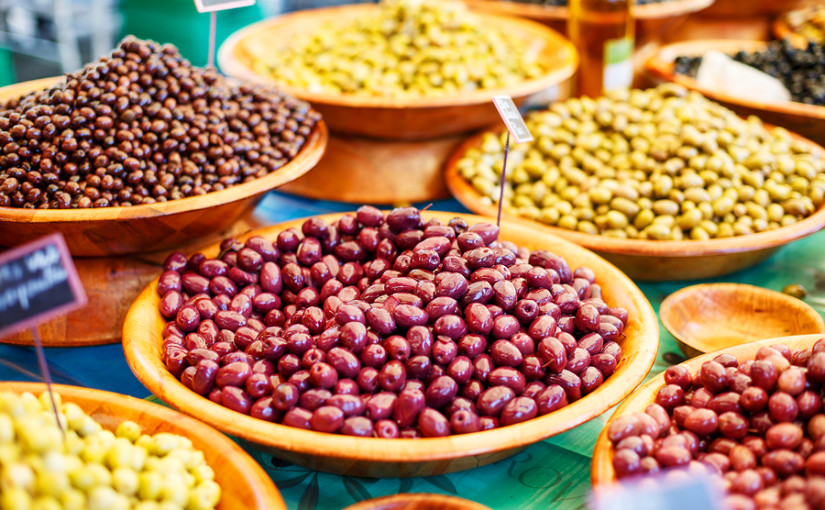Supermarket chain Waitrose has vowed to remove all disposable cups from its stores by autumn 2018. It currently gives out approximately 52m disposable cups per year through its loyalty scheme, myWaitrose, which offers shoppers a free hot drink from a self-serve machine each time they visit a store.
Category: Waste reduction
Meet the world’s first plastic-free supermarket aisle
This week marked the unveiling of the world’s first plastic-free supermarket aisle. Dutch supermarket chain Ekoplaza has installed the trial aisle in its Amsterdam branch, and hopes to roll out similar aisles within its 74 other branches by the end of 2018.
The aisle features over 700 plastic-free products including fresh fruit and vegetables, sauces, meat, rice, snacks, cereal, yoghurt, and more. Those items that do require some kind of packaging have instead been packed in environmentally-friendly compostable biomaterials where appropriate, alongside more traditional glass, cardboard and metal.
Continue reading Meet the world’s first plastic-free supermarket aisle
Where to refill your water bottle for free in Leeds
An ambitious new plan has been unveiled in a bid to cut the UK’s plastic waste, which will see a network of free water refill points come into play across the country. These refill points will be in shops, cafes, local businesses, museums, council buildings, and more, and we will also see the restoration and installation of public water fountains.
Continue reading Where to refill your water bottle for free in Leeds
Textile waste: New clothing range that grows with kids
While it doesn’t hit the headlines as much as plastic waste, textile waste is also a large problem for our planet – especially since the advent of ‘fast fashion’. In fact, in 2015 alone, the UK sent an estimated 1.1 million tonnes of textile waste to landfill. Most of that will have been unwanted, old or outgrown clothing.
Continue reading Textile waste: New clothing range that grows with kids
5 eco-friendly ideas for Valentine’s Day
Over time, Valentine’s Day has become a very consumer-driven celebration, with greetings cards, chocolates and cut flowers being common purchases for loved ones. However, there are many other ways to celebrate and profess your love to your partner or prospective partner, which are kinder to the environment, as well as the bank balance. Why not try one of the ideas below this Valentine’s Day?
How to cut Christmas food waste
When you are hosting family and friends on Christmas Day, the temptation can be high to purchase too much food, feeling that more is better than less on a day when you can’t just pop to the shops if you have forgotten something. However, doing this will leave you with lots of leftovers, both cooked and uncooked, which can end up in the bin.
So how can you avoid food waste over the Christmas period? Follow the tips below.
5 easy ways to be more environmentally friendly
When it comes to protecting the environment, the smallest of changes to the way we do things in our day-to-day lives can make a big difference, and the more of us who make these changes, the better. We have collected together five simple ideas of ways to be kinder to the environment below, so we can all start those changes today.
Continue reading 5 easy ways to be more environmentally friendly
How to pack a zero waste lunch
By deciding to take a packed lunch to work instead of buying a pre-packaged lunch from a local shop, you are already taking a step in the right direction of avoiding unnecessary waste; takeaway lunch options always involve some form of ‘disposable’ wrapping – be it a polystyrene carton, a paper bag or a cardboard box. Of course, if you are comfortable doing so, you could ask the staff at your local cafe if they would be happy to place your takeout lunch in a container you provide, but not everyone is happy doing that. For the purpose of this blog post, let’s concentrate on packed lunches you make at home – after all, they are a cheaper alternative, and they leave you in full control of the waste you do or don’t produce.
Containers for zero waste lunches
Making the change to zero waste packed lunches can seem daunting, but just a few simple changes can make a big difference. Once you have got yourself set up with the basics, it should be fairly easy. I’d recommend the below items for your lunch kit. And don’t forget a cloth bag to store it all in!
10 plastic items you can easily cut out of your life
Humans produce 300 million tonnes of plastic per year – 5 million tonnes of which ends up in our oceans. This is a huge, worldwide issue that isn’t going to go away, and so it’s time we all made a change. The use of plastic is mainly habitual, and so by breaking our usual daily habits and making new ones, we can make a real difference, one step at a time. Below are 10 plastic items you could easily cut out of your life, with the minimal fuss. Why not start by eliminating these items and see where you end up?
Continue reading 10 plastic items you can easily cut out of your life
How to live a zero waste lifestyle outside of a major city
I love reading zero waste blogs, and articles about zero waste advocates such as Bea Johnson. However, with enjoyment and admiration comes frustration at the zero waste lifestyle they all discuss being so difficult to achieve in smaller towns and cities which don’t often offer the option of purchasing an array of loose produce.
Certainly the town I live in doesn’t have anywhere dedicated to selling loose produce such as nuts, seeds, pulses, spices and household cleaning liquids. The local market sells loose fruit and vegetables, but that is where the line is drawn. Even if it did sell the loose items I required, the journey to and from the market wouldn’t be very earth-friendly as it is far away from my home and I couldn’t cycle with all my goods.
So, what do you do if your circumstances aren’t ideal for living a zero waste lifestyle? You try your best with the options you have available to you, because some waste reduction is better than no waste reduction. Try the below suggestions to cut your waste.
Continue reading How to live a zero waste lifestyle outside of a major city









